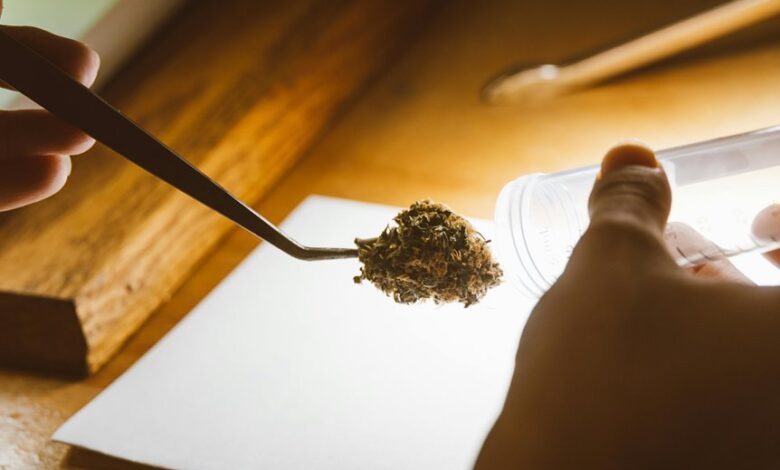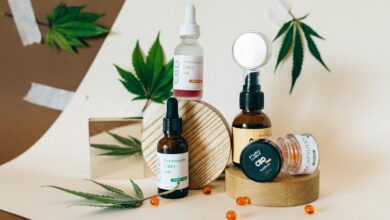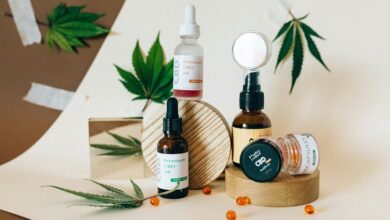Does Cbd Show in Drug Test

The question of whether CBD shows up on drug tests is complex. While CBD itself is not typically detected, many products contain trace amounts of THC. This can lead to positive test results, especially since drug tests often focus on THC metabolites. Understanding the nuances of CBD and THC, along with the potential risks involved in product selection, is essential for consumers. What should individuals consider when choosing CBD products to minimize the risk of unexpected outcomes?
Understanding Drug Tests and Their Purpose
What exactly are drug tests and why are they conducted?
Drug tests are assessments used to detect the presence of substances in an individual's system. Various drug test types, including urine, blood, and hair tests, utilize different testing methods to identify specific drugs.
These tests serve purposes such as workplace screening, legal compliance, and ensuring safety within specific environments, promoting accountability and health.
The Difference Between CBD and THC
Understanding the substances involved in drug testing is important, particularly when distinguishing between cannabinoids like CBD and THC.
CBD benefits include potential therapeutic effects such as reducing anxiety and inflammation, while THC effects may lead to psychoactive responses, including euphoria.
This distinction is crucial, as drug tests typically target THC metabolites, potentially complicating the perception of CBD's legality and safety.
How CBD Products May Contain THC
Many CBD products on the market may contain trace amounts of THC, even when labeled as THC-free.
This can occur due to various CBD extraction methods, which may not completely eliminate THC. Additionally, product labeling can sometimes be misleading, resulting in consumer confusion.
It is essential for individuals to verify the source and testing of these products to ensure they meet personal preferences and legal requirements.
Tips for Choosing CBD Products and Mitigating Risks
When selecting CBD products, it is crucial for consumers to prioritize quality and transparency to mitigate potential risks associated with THC exposure.
Conducting a thorough risk assessment involves reviewing product quality through third-party lab testing, ingredient sourcing, and company reputation.
Conclusion
In conclusion, while CBD itself is unlikely to trigger a positive drug test, the presence of THC in some CBD products can pose a risk. Individuals should remain vigilant by selecting high-quality, third-party tested products and thoroughly reviewing labels to understand THC levels. This approach not only helps mitigate the risk of unintended THC exposure but also reinforces the importance of informed choices in the growing market of CBD. Awareness and caution are essential for consumers navigating these products.






